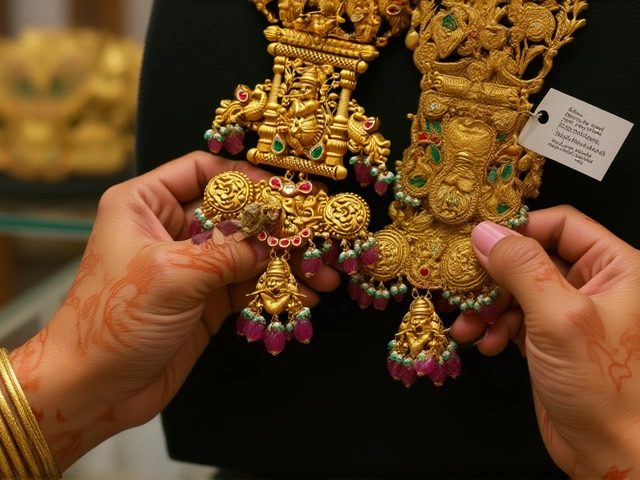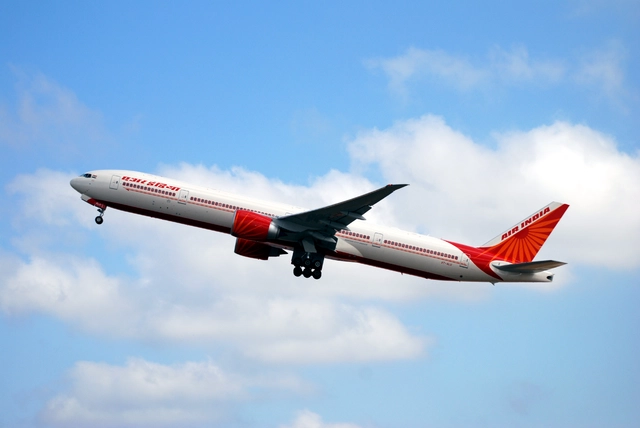Understanding the Indian Culture
One of the primary reasons why some may hesitate to live in India is due to cultural differences. Indian culture is indeed unique, rich, and vibrant. However, it can be quite overwhelming for someone from a different cultural background. For instance, the social norms, customs, and etiquette can be quite confusing and difficult to adapt to. Moreover, the concept of personal space may not be the same as in Western countries. This could potentially lead one to feel out of place or uncomfortable.
The Language Barrier
Another significant challenge could be the language barrier. While English is widely spoken across major cities in India, it's not the primary language of communication in many regions. The country is home to several regional languages, and not knowing the local language can pose a serious challenge to communication. This could make everyday tasks like shopping or asking for directions more complicated than they need to be.
Overpopulation and Overcrowding
India is the second-most populous country in the world, which leads to overcrowding in cities and towns. The densely populated areas combined with traffic congestion can be quite daunting for someone used to more spacious and less populated areas. This also leads to a higher competition for resources, jobs, and opportunities, which can make life more stressful.
The Climate and Weather Conditions
The climate in India can vary greatly across different regions, from extreme heat in the summers to severe cold in the winters. Additionally, the country experiences a monsoon season, which can bring heavy rains and flooding. For those not used to such weather conditions, adapting might be a struggle.
Safety Concerns
Safety can be a major concern, especially for women. While India is taking steps to improve safety and security, incidents of crime and harassment are still reported, which can make one feel unsafe or uncomfortable. These concerns can be a significant deterrent for someone considering living in India.
Healthcare System
While India has made significant strides in healthcare, the system still faces issues like lack of accessibility, affordability, and quality of service, especially in rural areas. In comparison to Western countries, the healthcare system in India might not meet the expectations of many.
Infrastructure and Public Services
The infrastructure and public services in India may not be up to the standards of developed countries. Issues like irregular water supply, power outages, and poor road conditions are common in many parts of the country. This can make living conditions challenging for those used to a certain standard of infrastructure and public services.
The Education System
While India does have some world-class educational institutions, the overall education system faces issues like a lack of quality education in public schools, an emphasis on rote learning rather than critical thinking, and high competition for limited spots in good schools and universities.
Political and Social Unrest
Like many other countries, India too grapples with its share of political and social issues. Protests, strikes, and civil unrest can occur, which can negatively impact daily life and create a sense of instability.
Lifestyle Changes
Finally, moving to India would require significant lifestyle changes. The food, social norms, way of life, and even the pace of life are different. For some, these changes can be exciting and enriching. But for others, they can be difficult to adjust to and can lead to a sense of culture shock.





